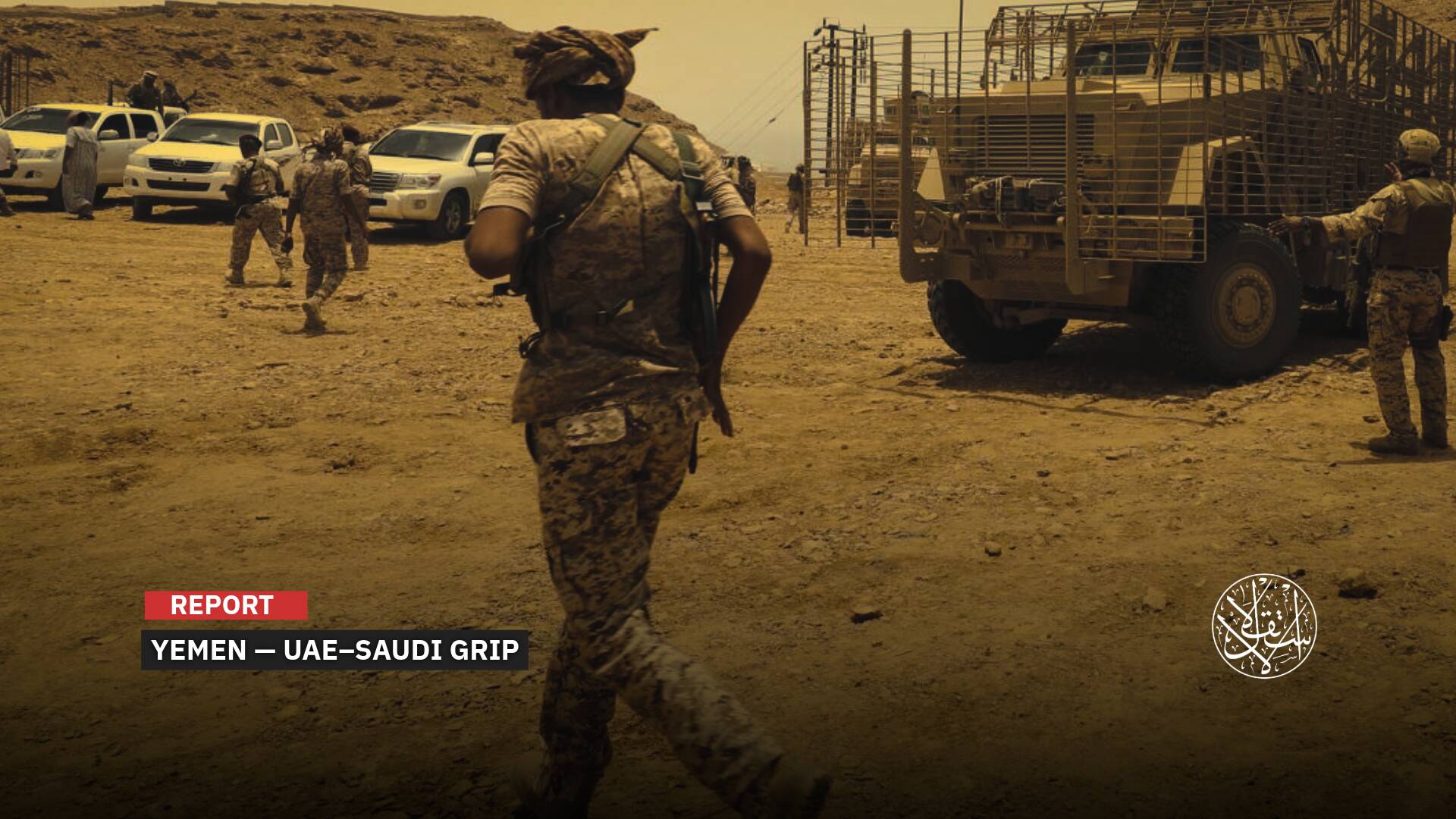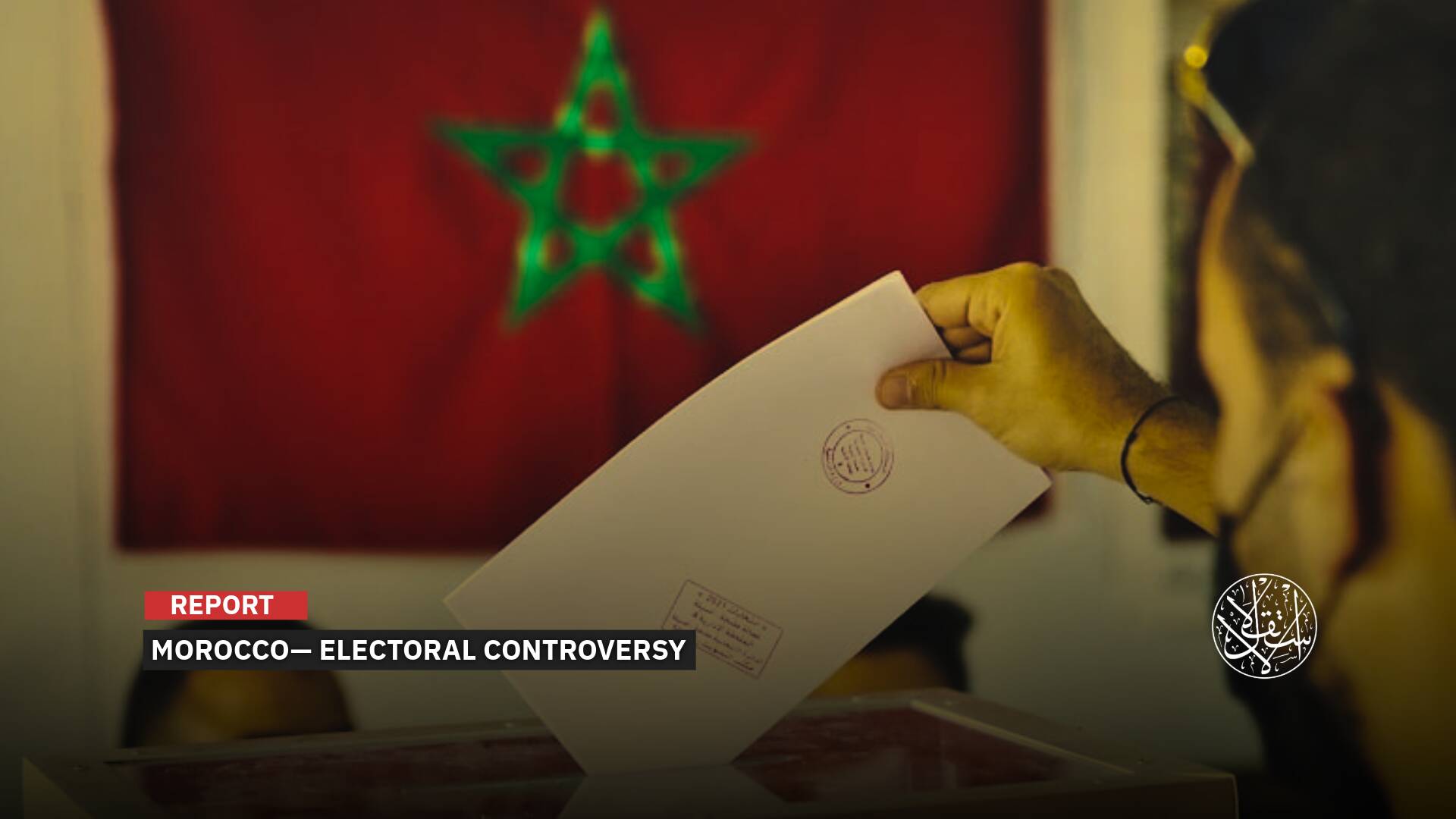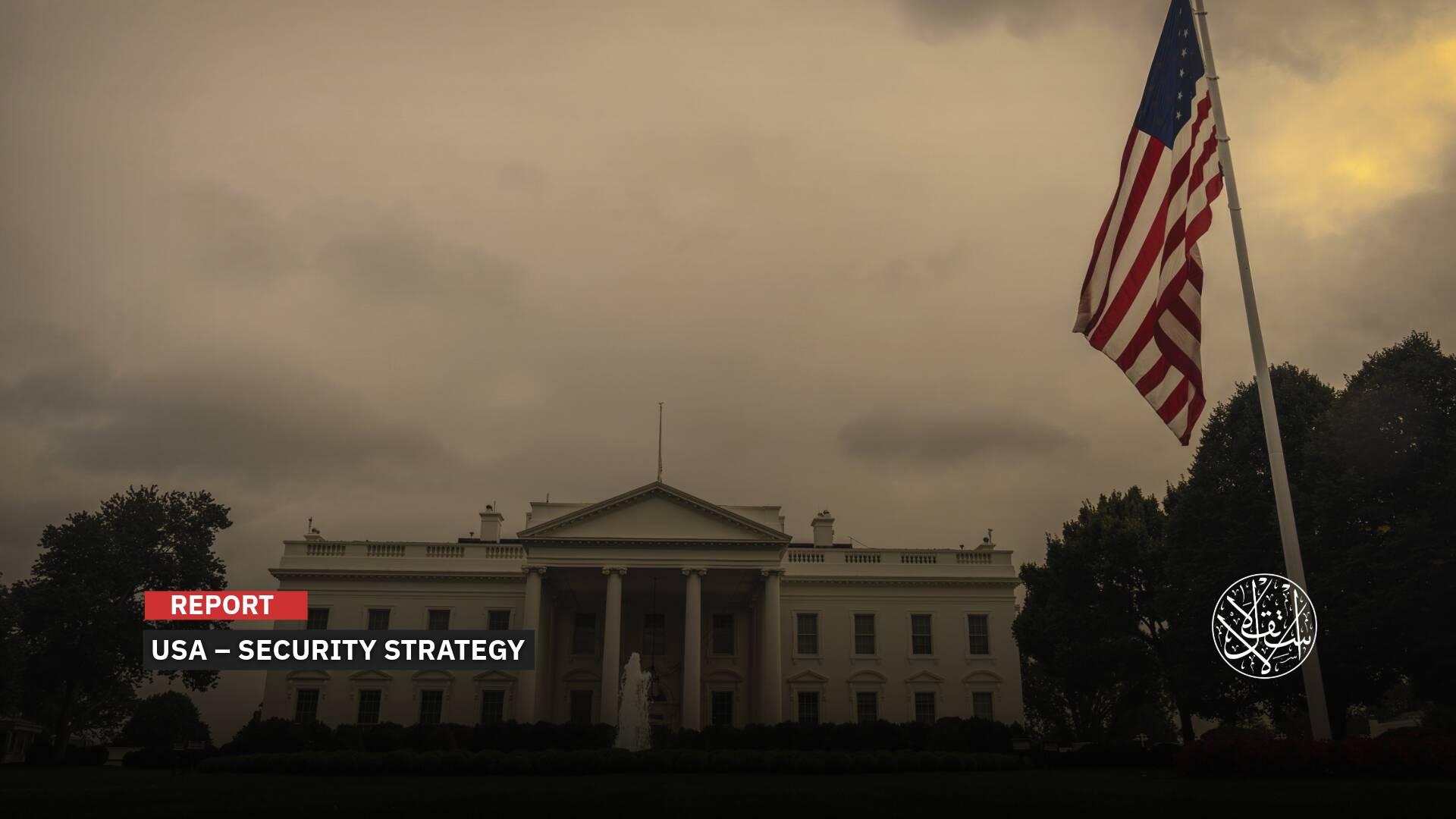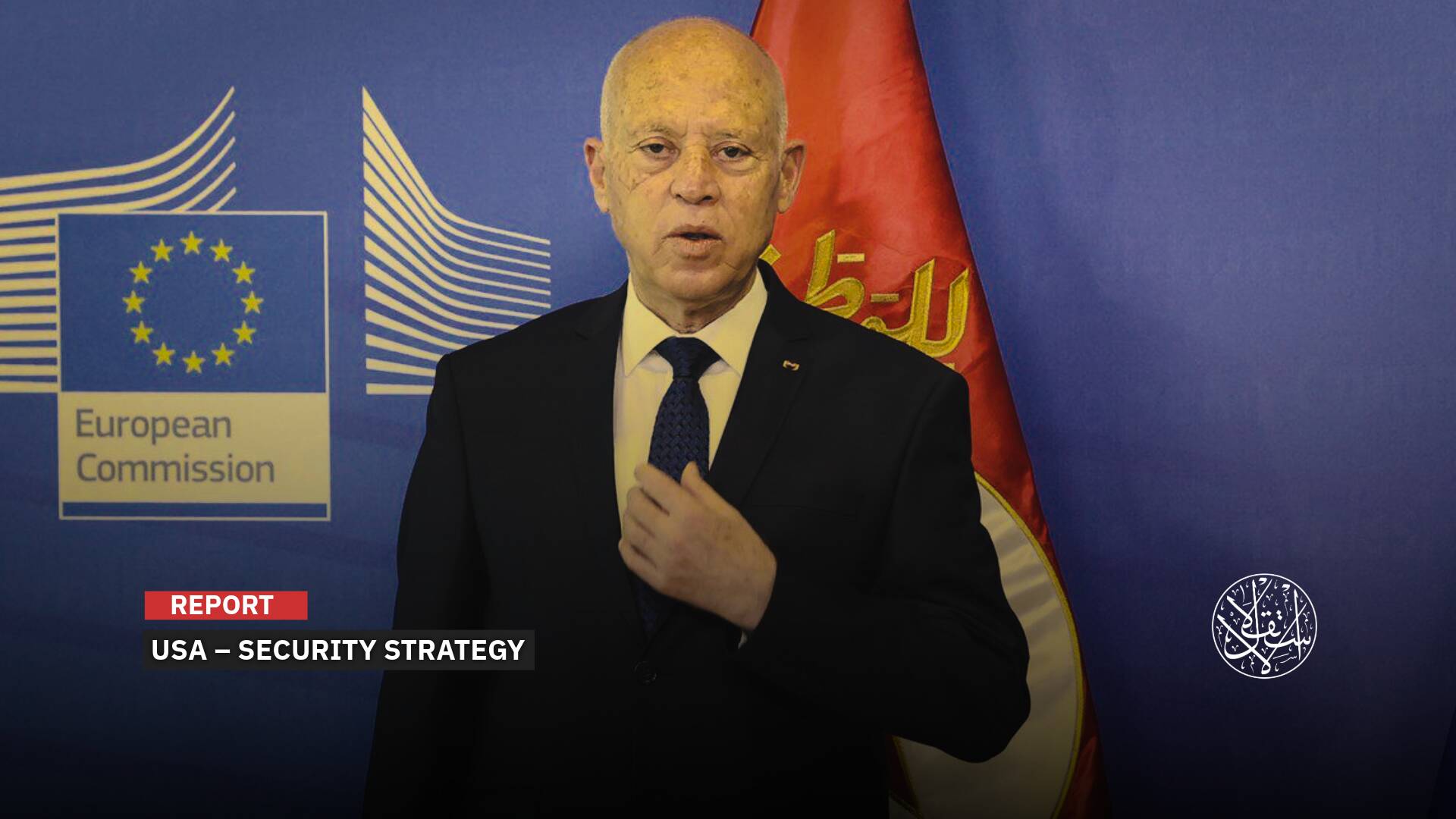The Stubborn Lobby: How the UAE Managed to Enhance Its Influence on French Politics

A recent investigation has shown how the UAE, through a discreet lobby, mobilized the media in France and recruited companies and think tanks there for its benefit, aiming to enhance its role on the international scene by influencing French politics.
Perhaps the initiation of his foreign visits by Emirati President Mohamed bin Zayed after taking office in the middle of this year, by traveling to France and meeting President Emmanuel Macron, is an affirmation of the strategic partnership between the two countries, foremost of which is the fight against political Islam and the countries supporting it, such as Qatar, and cooperation in various sectors (weapons and energy).
Relations between the UAE and France have witnessed great development during the past years, which resulted in a political and military strategic alliance until a record contract worth 17 billion euros was signed to purchase 80 Rafale warplanes.
Economic and cultural relations between the two countries have also grown significantly in recent years, to the extent that the UAE has become home to the only foreign branch of the Louver Museum, knowing that the UAE is home to the largest community of French expatriates in the Gulf region.
Stubborn Lobby
An investigation published by Orient XXI magazine on October 4, 2022, revealed the secrets of the Emirati lobby inside the corridors of governance in France through what it called the stubborn lobby strategy.
The investigation dealt with a set of important data that led to one conclusion, namely the mechanisms and methods of the Emirati movement between influencers, opinion leaders, and decision-makers in France to come up with decisions and perceptions that support the Emirati point of view in many important files.
It indicated that the UAE, through its lobby, incited against Qatar and the Muslim Brotherhood, as well as against Muslim imams in France, on the pretext that they have a link with the group in a fierce Emirati war against political Islam as a whole.
The investigation also stated that the UAE tried to convince French decision-makers and politicians of the need to support Abu Dhabi's orientations in many geopolitical files in the region, as well as to benefit from French support at every entitlement that concerns the UAE in particular, such as the war in Yemen, arms deals and movements in Egypt, Saudi Arabia, and others.
According to the investigation, Bin Zayed was actually the strongman of the UAE in recent years, but his visit to France on his first official trip after his inauguration as president of the country, amid France's celebration of great pomp, is evidence of the solidity of relations between the two countries.
The investigation explained how the UAE recruited media, such as Euronews, and private research centers, such as the Bussola Institute, to serve its interests, direct it, polish its image and enhance its position in France.
In 2017, the Abu Dhabi Media Investment Company acquired 2% of the European media channel Euronews based in Lyon, France, which was then experiencing financial difficulties, and concluded with it until 2020, a sponsorship contract worth 8.5 million euros annually.
The investigation also revealed how Abu Dhabi lured many politicians in the French Senate, such as Senator Nathalie Goulet.

Suspicious Promotion
Gulf states resort to countless companies specialized in communications, public relations, advertising, and leaks, in order to polish their damaged image.
For example, the UAE contracted with the British company Project Associates for consultancy and its branch in France, and it became its responsibility to communicate with the UAE embassy, organize events and trips, publish content on the embassy's networks, and ensure its relations with the press. Saudi Arabia also contracted with the French groups Publicis and Havas.
But it is not only that. The British Daily Mail caused a stir in 2021 when it revealed, based on leaked documents, that "Project Associates made an offer to promote the candidacy of the former director of the UAE Ministry of Interior, Ahmed Al Raisi, to head the Interpol."
Since the headquarters of the International Police Organization is located in the French city of Lyon, the work to promote Al-Raisi served all parties.
In turn, retired General Dominique Trinquand, whose views converge with the Emirati vision and who is one of the advisory's situational advisors, told Orient XXI: "Al-Raisi's candidacy is interesting considering the current struggle against radical Islamism, on which France and the UAE see eye to eye."
In any case, in November 2021, the Emirati candidate for the presidency of Interpol was actually elected.
In the United States, Project Associates is behind the Qatar boycott campaign launched in 2017, where the US foreign agent registration database indicates that the UAE's National Media Council has signed a $250,000 contract with the company.
In detail, information released by the US Foreign Agents Registration Unit shows that Project Associates has entered into a handling contract with SCL Social, which specializes in disinformation, to carry out a social media campaign called Boycott Qatar.

Emirati Involvement
Regardless of Qatar's criticism, the UAE is particularly targeting the Muslim Brotherhood, horrified by their post-Arab Spring electoral successes.
In March 2022, the Vice-President of the French Senate's Committee on Law and Regulation, Senator Nathalie Goulet, published a book called Abécédaire du Financement du Terrorisme (The ABC of Terrorism Financing) on the different financial tools that these groups can use to finance their activities. Qatar and the Muslim Brotherhood are mentioned several times, including on topics far from the financial issue.
At the same time, the book only marginally mentioned the UAE, and somewhat surprisingly, as the French politician praised the UAE's work in combating money laundering.
Noting that it was ranked tenth globally on the list of the worst tax havens and financial secrecy by the Tax Justice Network, and in March 2022, it was included in the gray list of the Financial Action Task Force (FATF).
As for not mentioning the Emirati involvement in the financing of terrorism, such as the historical use of the banking system by the 9/11 terrorists, the French Senator made it clear at first that she was not aware of this information before indicating that her book does not date from that date.
Goulet confirms, "There is no attempt to hide anything, I do not play favorites, and I have no institutional ties or link of interest with the UAE."
Goulet presented this book in June 2022 in London thanks to a trip propelled by Cornerstone Global, a think tank that, shortly after the start of the blockade of Qatar in 2017, published a report challenging the organization of the FIFA World Cup 2022 in Qatar.
Two years later, the New York Times published a lengthy investigation into the relationship of this cell and its head, Ghanem Nuseibeh, to the UAE.
"I made several trips to London with Cornerstone, as I have been working with Ghanem Nuseibeh for a long time on terrorism issues," Jolie says.
The director of this company confirms this: "Nathalie Goulet and her late husband are long-time friends, and we work closely together on issues of mutual interest, especially with regard to combating extremism."

In addition to think tanks and libraries, the idea of linking Qatar, the Brotherhood, and terrorism is making its way through the ranks of French parliamentarians, especially through parliamentary friendship groups.
In an interview with Le Figaro on October 22, 2020, Bruno Le Maire, Minister of Economy, said: "The goal of political Islam is simple enough: destroy the French nation, destroy its values, besmirch our national memory, and undercut our history."
He added, "I remember the last conversation I had with one of our most reliable allies in the Gulf, Mohamed bin Zayed. He told me it was time that we opened our eyes to what was happening in France."
Less than a year later, the law was passed reinforcing the principles of the French Republic to fight Islamic separatism.
The pretext of anti-separatism was invoked to close or attempt to close a number of places, sometimes associated with the Brotherhood, and to take the decision to expel the preacher Hassan Iquioussen.
It is noteworthy that the decision to expel Iquioussen from France was confirmed by the Council of State on August 30, 2022, on the pretext of making statements that were described as anti-Semitic and anti-women.
However, his alleged association with the Muslim Brotherhood may also be an unofficial reason, but he had a role in making this decision, as revealed by the Orient XXI investigation.
It is very likely that the decision to expel the preacher made Abu Dhabi happy. For a long time, the UAE made fighting the Muslim Brotherhood one of its policy engines.
Abu Dhabi did not skimp, in France as in other places, to mobilize the necessary means to promote its work and to appear in a positive way while at the same time conveying its geopolitical messages.
The reinforcement of this French repressive arsenal, directed specifically against the Muslim Brotherhood, worries the association Droit au Droit, which states in its report on Emirati influence in Brussels: "Adopting this narrative (associating the Muslim Brotherhood with terrorism) could have negative effects, as it involves contributing to the problem of growing hostility toward Muslims in Europe, and could also contribute to the destabilization of European societies in the long term."

Western Policy Making
The close rapprochement, common visions, and bad reputation between Emmanuel Macron and Mohamed bin Zayed drew the attention of the French newspaper Le Point, which said in a report published on September 16, 2021, that "Macron considers Bin Zayed a model for the modern Arab ruler, ignoring the black Emirati prince's record in human rights files inside his country or the regional wars in Yemen and Libya."
In turn, the Head of the Council of European Muslims, Dr. Samir Falah, confirmed that "the UAE is trying to influence Western policy-making towards Islamic countries, especially in Europe, in order to impose its narrative about Islam that is hostile to the Muslim Brotherhood and the Arab Spring, and this was also revealed earlier by the American Politics Today."
In a statement to Al-Estiklal, Dr. Falah added that "the UAE has resorted to using conspiracy theories about the Islamization of the West to promote its narratives."
He continued, "Most Western countries ignore the activities of the UAE and its influence operations in the capitals of those countries as general diplomatic activities of a partner in the Gulf."
Dr. Falah pointed out, "Abu Dhabi had also embraced information networks consisting of nationalists, Islamophobes, and orientalists in the media, academia, and policy-making."
From the point of view of lawyer Mohammed bin Saqr Al-Zaabi, "the UAE seeks influence and control in many countries of the world, including France, to achieve its interests, which is generally legitimate. Unfortunately, the UAE, in addition to employing this lobby for its own interests, uses it to harm those who violate it."
"Especially the Islamic movements, which operate with a moderate approach that contradicts the directions of the UAE, which works to remove this trend from everywhere, fight it and distort its image, to achieve its influence, whether within Islamic countries or Western countries, and it has no excuse to dislodge this broad trend. So it employs, through money, someone who distorts its image and the image of the countries that support it," he continued.
Mr. Al-Zaabi added in a statement to Al-Estiklal, "In the recent period, we saw how the UAE in every country it penetrated began to strike Muslims and Muslim communities under the pretext of spreading extremist ideology or supporting terrorism. Everyone who repeats these statements, we find that he has acceptance and support from the UAE or the lobby of Mohammed bin Zayed in particular."
The Emirati lawyer stressed that "the Emirati regime always seeks to support the extremist wings of the candidates for governance, and we have seen it support the far-right in France for recent years. If she succeeds in this, it will bring about the influence it wants to penetrate further into French politics."











